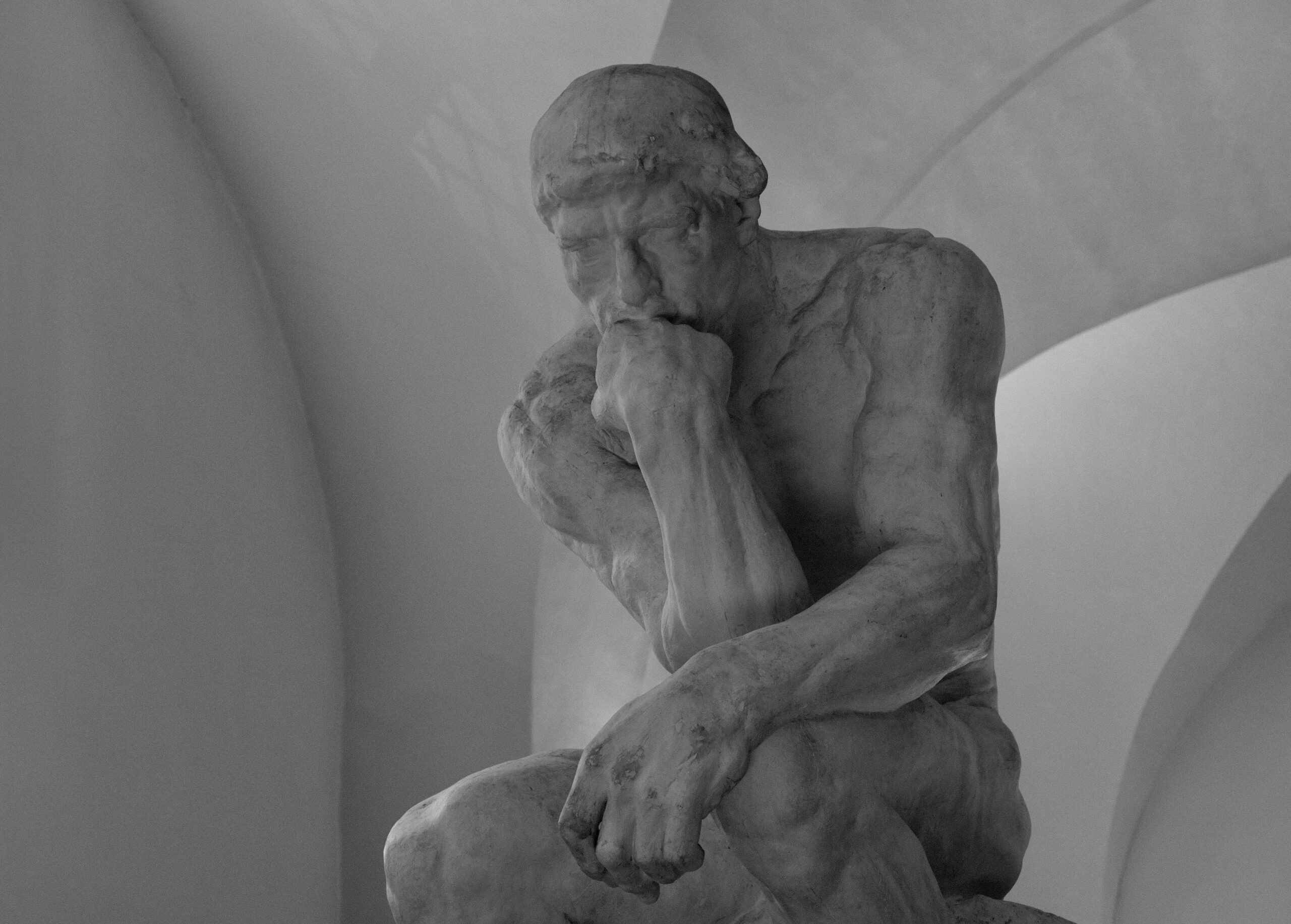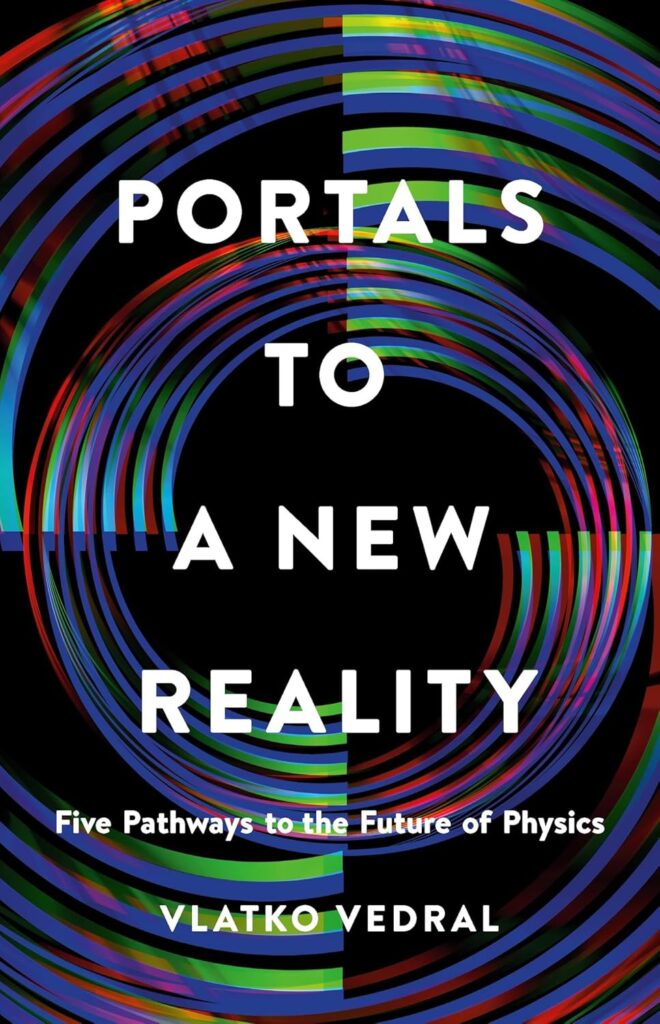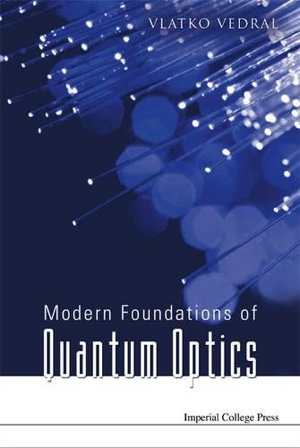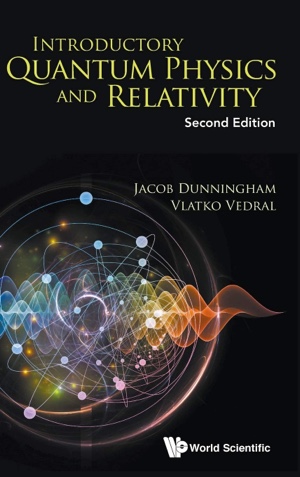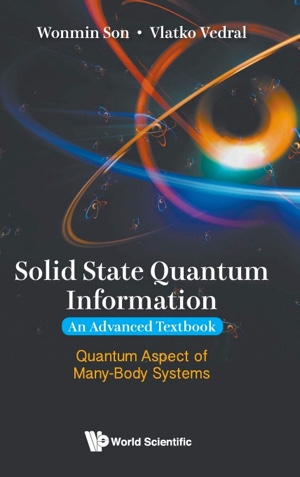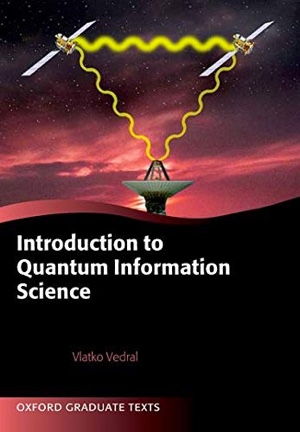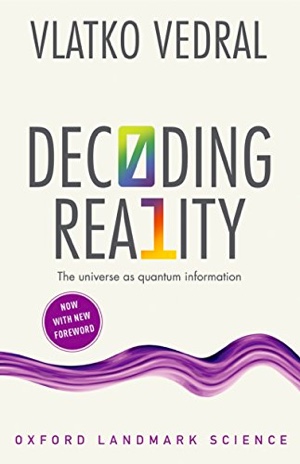Crazy Quantum (Late-Night) Thoughts
The main obstacle to us making progress in quantum physics is the persistent (and misplaced) belief that quantum physics needs to be fixed. Either it’s seen as incomplete, which means that there are phenomena it cannot account for, or it is deemed to be inconsistent, meaning that it is internally contradictory (in other words, that it leads to opposite conclusions in one and the same case).
As my readers will know, I have been maintaining all along that neither of the claims is correct. Quantum physics is both complete (I mean this within its own domain – it does not mean that it won’t be overthrown by a more accurate theory one day) and consistent (one can never prove both “that something is and that the same thing isn’t” using the formalism of quantum physics).
So, it’s perfectly ok to think of the whole universe as being quantum. No paradoxes there. And it’s an interesting picture that’s radically different from classical physics, but also different to what many people claim quantum physics is telling us about reality. Within the fully quantum universe there are no observers (I mean they play no special role different to any other system) and there are no observations (of the kind one imagines in classical physics, no collapses in other words).
The Copenhagen Interpretation of quantum physics, which insists on the need for classical observers, is therefore – in my view – profoundly wrong. The Many Worlds Interpretation is much closer to reality, but it still is just a special “limiting” case of the quantum wavefunction of the universe. One can crudely think of the quantum universe as containing many classical universes all at the same time, however, this is only one special state out of the infinity many others that can occur. Other interpretations, such as Qubism and the Pilot Wave Theory are – to borrow Pauli’s famous phrase – not even wrong.
So, my point is that, unless we embrace the full quantum reality, we will not make real progress. This is why I’ve been espousing the view going under the name of “Everything is a Quantum Wave Interpretation”.
But here is a question. If humans really have no special role to play as the ultimate observers of the quantum world, but are instead embedded within the quantum universe, are there some interesting experiments to perform to test this fact? You bet.
Here are some of them, in the increasing order of craziness (or so it would seem if you haven’t accepted the quantum interpretation I have been advocating above 😊).
- Testing the sensitivity of human sight to the intensity of light (i.e., can we detect a single photon?), to its polarization (i.e., can we detect the direction in which the electric field of the photon oscillates?), and testing the sensitivity of human vision to different states of light. What I have in mind here is to check, for instance, if quantum entangled photons are “seen” differently to just classically correlated, or even the uncorrelated, ones.
- Substituting human observers for photo-detectors in experiments using entangled photons. Can human observers violate the Bell inequality of photons entangled in polarization, frequency and/or the time-bin modes? Again, the main point here is that human observers are no different to other detectors, though, of course, the human perception may not be as good as our latest photo-detectors (the reason being that the evolutionary pressures have not been strong enough to push our perception that far into the quantum territory).
- Now, I’ll ramp up the nuttiness a bit. Can a human, by simply observing light, entangle two emitting dipoles (by which I mean two atoms, molecules or any other systems)? This could be done if humans are sensitive to a single emitted photon, and, it is encouraging to know that experiments of this kind have already been done with photo-detectors. But here the point is to create quantum entanglement just by “looking at something” (I did promise you this was a bit nutty).
- Can a human perception facilitate the execution of a Bell state measurement that would ultimately lead to a teleportation of the state of light to another human? Before you accuse me of being borderline paranormal, note that the teleportation would have to involve two extra bits of communication between the two people involved. Therefore, there would be nothing instantaneous here violating causality or such things…still it’s weird, you must admit, to be able to quantum teleport information from my brain to yours.
- This one exploits the fact that a great deal of our information processing is subconscious. Can we play with the differences between conscious and subconscious detections? Can “observers of observers” know about the observers detecting quantum events and being in entangled states with the observed while the observers themselves are not conscious of it? In other words, Alice knows that Bob is entangled to what he’s seen, but Bob himself is not aware of it. I could certainly come up with a thought experiment of this kind, but that’s a long way away from being able to do it. Photodetectors (obviously?) are not conscious of their detections, so the human perception gives us a wider range of things to play with (not to mention the fact that we understand very little of how the human perception works in the first place).
I could go on, but I’ll stop here and leave you with this thought. Whatever the state of affairs as far as the quantum features in our perception, this could always be improved by augmenting us with some extra bits of quantum technologies.
In that spirit, is it possible to modify our brain in order to be able to interfere our thoughts? We could be thinking a number of things at the same time and apply quantum interference to this state in order to reach one single thought only now faster than if our thinking was purely classical. Sometime ago I jokingly suggested that a quantum of thinking, i.e., the smallest thought we could have, should be called a thoughton. However, the human brain aided by quantum computers is way better than that (plus I am being serious now). Just imagine all the things one could then be able to do? (all of the above and much much more).
Wow, I really do envy the coming generations on being able to experience some of these things one day. So long as we do not do anything stupid before that, our children and grandchildren could have a much fuller experience of the quantum universe than the one we ourselves are currently capable of.
Sign up to my substack
BOOKS
ASK ME ANYTHING!
If you'd like to ask me a question or discuss my research then please get in touch.
